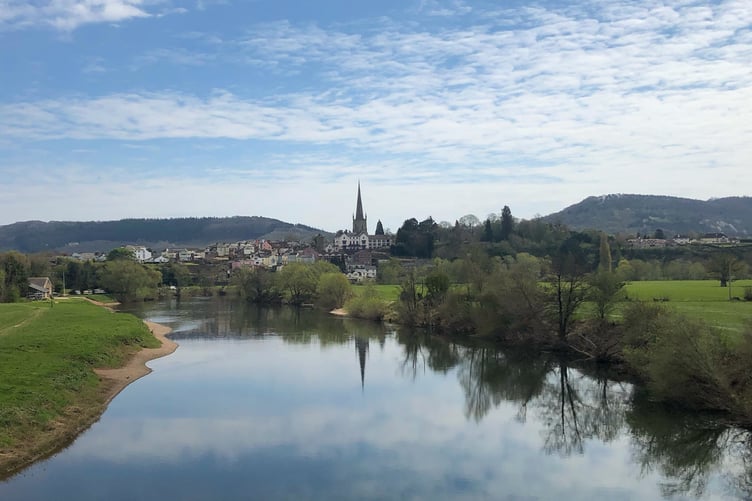Avara Foods is ahead of it’s planned timeline in delivering its objective to reduce the indirect impact of it’s supply chain on phosphate pollution in the River Wye by 2025.
Launched in January 2023, the roadmap outlines how Avara will ensure that it’s supply chain does not contribute to excess phosphate in the Wye Valley Catchment Area.
Avara announces that due to the significant progress made in recent months and expects to reach it’s 2025 goal ahead of schedule.
A big impact has come from the food businesses agreement with Gamber Logistics Limited (Gamber LL) guaranteeing that no poultry litter produced by Avara’s 104 farms in the WVCA can be sold as fertiliser within it from January 2024.
To support the recovery of the Wye long term, they are piloting new soil assurance standards being developed by Red Tractor and with input from a range of experts, including WRAP and the Environment Agency.
These rules will confirm that a small number of farms in Avara’s supply chain, which distribute poultry litter on their land, are doing so in a responsible way. The goal is to make sure they don’t add to phosphate pollution.
The initial checks, done by NSF, have happened on six farms in the Wye area, and there are more scheduled for the future. However, these farms make up less than 1% of Herefordshire’s arable sector. To see significant improvements, it’s crucial for many more farms to adopt and follow strict soil assurance standards.
Avara uses a precise data collection and measurement process to support these measures, and they’re always working to improve it. By figuring out where and how much phosphorous comes into the supply chain, Avara can pinpoint the risks to the River Wye and find ways to lessen them.
The most recent data, shared in this Roadmap update, indicates that Avara has effectively lowered the amount of phosphate in its poultry feed by 37% since 2016.
Avara CEO, Andy Dawkins, said: “It is highly encouraging to see the progress that we have made so far in developing and implementing our Sustainable Poultry Roadmap.
“That we are ahead of schedule is testament to the great work we have been doing with our farming partners and in collaboration with a range of experts, including Herefordshire Rural Hub, WRAP, and the Wye & Usk Foundation.
“For all the progress we are making in our supply chain, however, it is clear that, until the wider range of root causes are addressed, particularly robust soil assurance across all farming sectors, the river’s return to health remains in jeopardy.”





Comments
This article has no comments yet. Be the first to leave a comment.